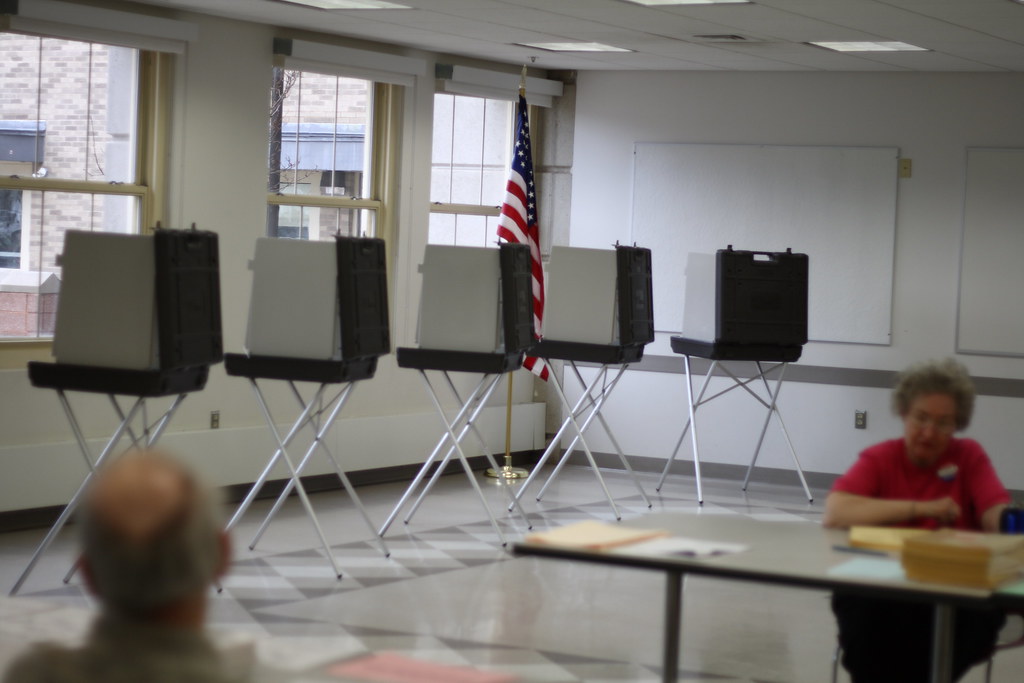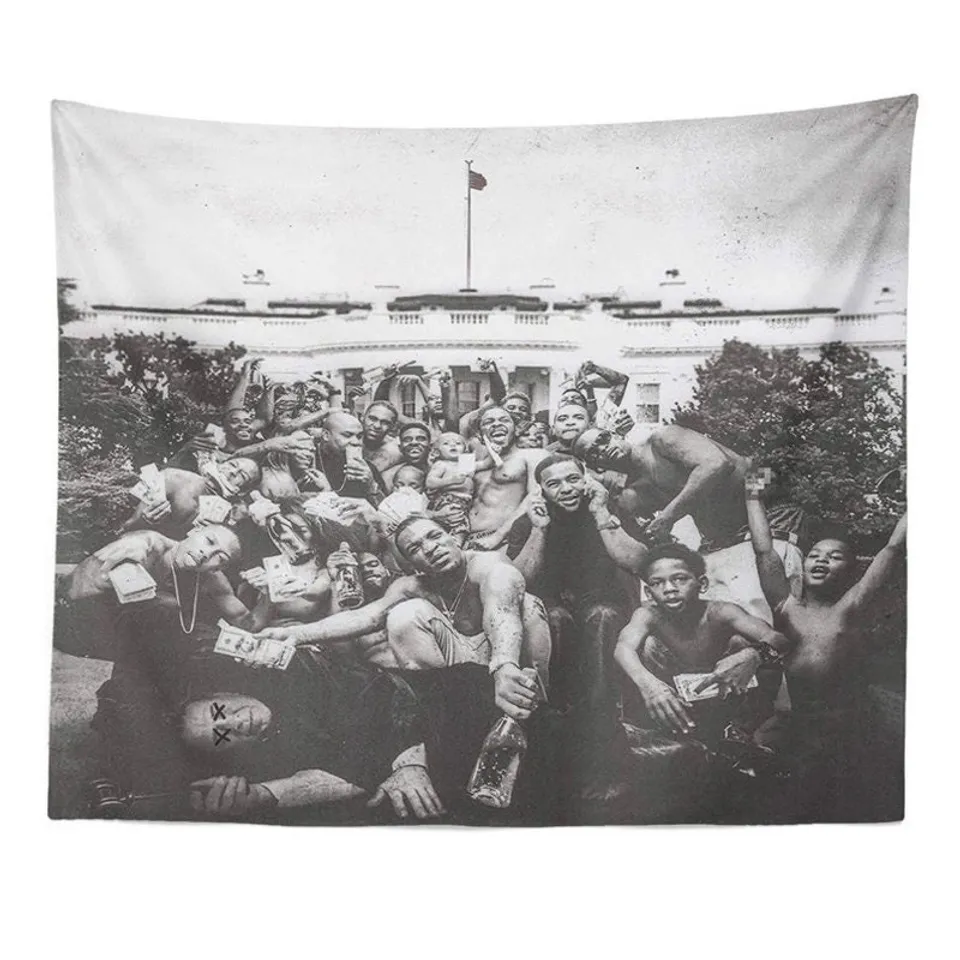After the 2024 election cycle, the blame game for Vice President Kamala Harris’ campaign loss quickly began: Was it the leftists’ fault the Democrats lost? Was it third-party voters? Or was it someone or something else?
All of these factors may have contributed in some way; we’ve already had several voters explain why they hesitated or refused to vote for Harris before and since the election. Still, the main reason Democrats lost this election was because of low-info voters, or voters who don’t pay much attention to political news.
A 2020 study found roughly 37 percent of voters knew the month’s second most important political news story. The study determined what the, “second most important stories,” by assembling a panel of journalists. The stories they found weren’t trivial. They covered crucial information, like the Supreme Court allowing the Trump administration to hasten deportations for crimes or Trump firing the US Intelligence Committee’s Inspector General.
These numbers dropped further for the third-most-important story. Even the stats regarding the most important story are concerning, considering only 64 percent of voters knew the most important story of the month. Even if that’s a majority, that means that one in three voters is failing to research even the bare minimum.
Expecting voters to know every candidate’s campaign is unreasonable but knowing the month’s news highlights is the minimum, and much of the US doesn’t even do that.
These news stories have a significant impact on our country. If someone sees a presidential nominee is convicted of crimes or plans to give them a tax break, they’ll be inclined to vote for or against them, and for good reason.
These stories should inform our every political decision. Yet, the average citizen knows less than two of the most important stories that month – a clear sign of an uninformed voter. And, if the electorate is uninformed, it’s making decisions based on fragments of a much bigger picture.
Difficulties accessing relevant news are part of the reason low-info voters exist. Minority voters were more unlikely to know about news stories, partially because they couldn’t connect with the story and partially due to wealth inequality.
This is an entirely fair criticism of journalism, which is a less diverse field than other jobs in the country. When a field is so focused on telling people’s stories, a lack of diversity excludes essential stories. At that point, why keep watching if the news isn’t telling stories relevant to you (at least on the surface)?
If journalists want people to care about these second and third-most important stories, then there needs to be news that appeals to everyone, not just those with privilege. Take sources like the 19th, which focuses on women and the LGBTQIA+ community, or even our very own The Nubian Message, which focuses on students of color at NC State. These sources create trust in the news, and help spread our most important stories.
Making stories that readers can connect with or see as necessary is vital to the news, especially considering how far away federal politics can feel from local issues.
Journalists also need to teach how important consuming the news is not just for the readers, but for news outlets. Journalism as an industry is going through hard times. Reading the news helps people stay informed and ensures journalists can keep telling the public the news they need to hear.
Keeping physical newspapers worldwide allows access to news without using the internet, which remains a significant problem worldwide. Even though physical newspapers are going through a decline, as long as people can’t reliably access the internet, physical newspapers will have its place in the world.
It’s all about access and content. If we make content people want to see and make that content easily accessible, it can reduce the number of low-info voters. That’s how we get through to voters who can’t or have reason not to access the news.
But I want to focus on another group: the disinterested voters– those who can access the news but choose not to. Despite how vital access and inclusion are for encouraging attention, there is probably an audience who is simply disinterested in the news.
Honestly, I get it. Politics is exhausting, and this election cycle in particular was terrible for my mental health. I watch as politicians debate whether or not I deserve rights– whether or not my friends deserve rights. And all the while, I watch as people treat both sides of the issue as viable options.
I am tired. But I still tune in because I don’t have the luxury of not knowing what’s going on, and neither does anyone else. Politics affect everyone, regardless of how uncomfortable or frustrating it feels. Being ‘not into politics’ is like being ‘not into water’ –you probably still need it at the end of the day.
Every election determines something that will directly affect you, whether it be your local school board or who can appoint future Supreme Court justices. Regardless of how overwhelming the news cycle is, you have to stay informed so you understand who you should choose when you get to the voting booth.
I will say it again: less than 40 percent of voters know about the second most important story of the month. But, who knows what that second-most important story of the month could be?
That second most important issue of this month could be Trump’s plans to appoint someone who’s repeatedly pushed misleading ideas about vaccines to the head of the Department of Health and Human Services. It could be reported that Trump is pressuring senators to approve his controversial attorney general nominee.
Even if those headlines don’t feel as important as the election results, it doesn’t mean they won’t affect you personally or on the international stage. Even if these election results don’t change everything about this country, it will change a lot.
I’m not saying politics should be all people care about. I know from experience that doomscrolling through news stories all day is a great way to destroy your mental health. Live your life. Do whatever makes you happy, especially in these turbulent times.
But please pay attention to the news for at least a small part of each day, whether it’s local politics, a national scandal or a presidential address. Look at a quick online daily news recap if that’s all you can do.
Just pay attention to what’s happening in this country. It’s our civic responsibility and the bare minimum.







